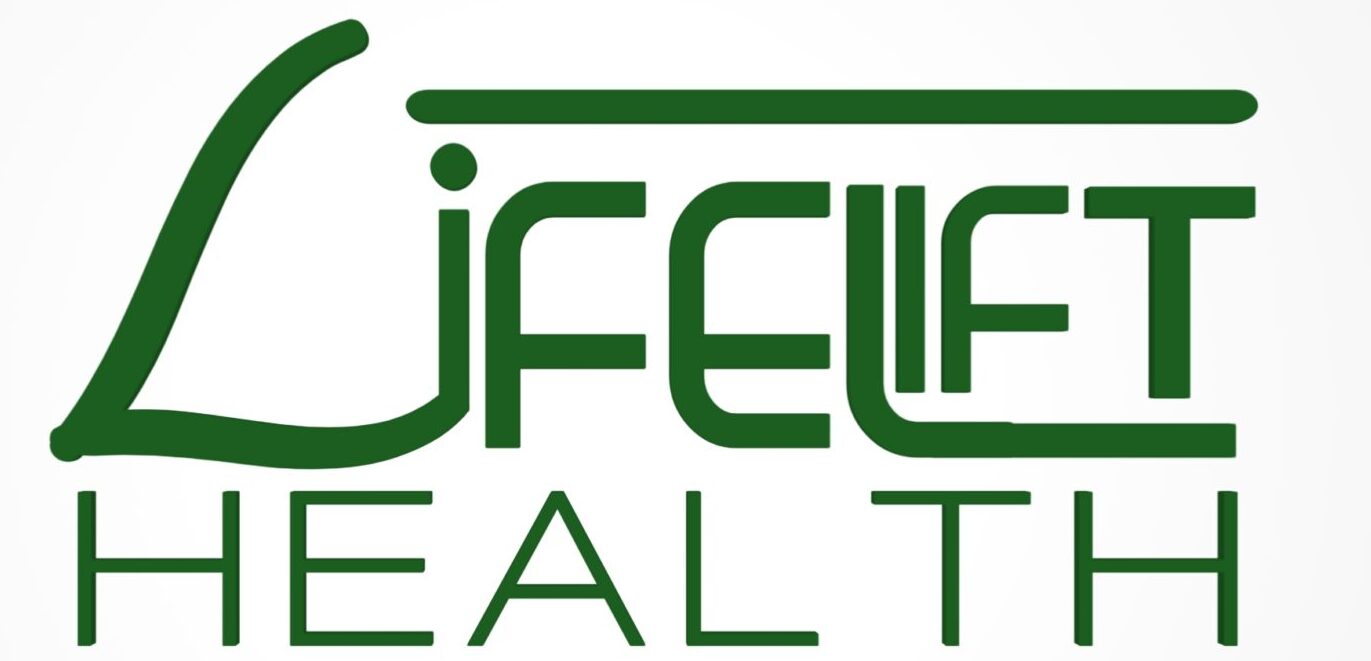The goal of sexual education is to encourage positive attitudes, behaviors, and choices when it comes to sexual activity and relationships.
Introduction:
Reproductive health and sexual education are vital elements of overall wellness. By providing accurate information, supporting healthy behaviors, and promoting open dialogue, we can empower individuals to make informed decisions, cultivate respectful interactions, and prioritize their well-being. In this blog, the importance of sexual education and reproductive health are discussed, along with its benefits and the positive effects they can have on people’s lives.
Understanding Sexual Education:
Sexual education covers a wide range of topics, including anatomy, puberty, contraception, STI prevention, consent, and healthy relationships. It gives people the information they need to make knowledgeable choices about their sexual health. Sexual education encourages a better awareness of one’s body and builds a sense of body positivity by dispelling myths and misconceptions.
Importance:
- Information that is accurate: Sexual education gives people information that is true and trustworthy about relationships, reproductive health, and human sexuality. It aids in debunking myths, misunderstandings, and false information so that people may decide for themselves what is best for their sexual health and wellbeing.
- Promoting sexual health: This education is essential for advancing the health and wellbeing of sexual people. It gives people the information and abilities they need to comprehend their bodies, engage in safe sex, and make moral decisions about family planning, contraception, and STI prevention.
- Preventing bad outcomes: It has been demonstrated that thorough sex education helps to reduce rates of unwanted pregnancy, STIs, and HIV/AIDS transmission. It decreases the likelihood of engaging in dangerous behaviors and gives people the power to engage in safe and consenting sexual practices.
- Relationship and communication skills are covered in this sex education along with lessons on permission, limits, and healthy partnerships. It aids people in learning how to communicate effectively, form and sustain healthy relationships, and comprehend the significance of consent and respect in sexual activities.
- Education on gender and sexuality: This promotes acceptance of various sexual orientations, gender identities, and gender expressions. It encourages inclusivity, lessens stigma, and contributes to the development of an accepting and helpful society.
- Social issues can be addressed with sex education, including discrimination, gender inequity, and violence against women. It can assist in challenging detrimental society norms, attitudes, and behaviors by fostering knowledge and understanding.
- Social issues can be addressed with sex education, including discrimination, gender inequity, and violence against women. It can assist in challenging detrimental society norms, attitudes, and behaviors by fostering knowledge and understanding.
- Emotional well-being: Discussions about the emotional aspects of sex, intimacy, and self-esteem are included in sex education. It supports emotional well-being in sexual interactions, improves self-confidence, and aids in the development of favorable body images in people.
- Parent-child communication: sex education promotes open dialogue between parents and children on sexuality. It gives parents the tools and direction they need to have honest, age-appropriate conversations with their kids about sexual development, enabling them to navigate those conversations and make wise decisions.

Promoting Reproductive Health:
- The goal of reproductive health is to protect people during their reproductive years. Family planning, preconception care, pregnancy, labor, and postpartum health are all included. Individuals can make decisions that are in line with their objectives and preferences when they have access to comprehensive reproductive health services and information, which helps to promote safe pregnancies and satisfying reproductive experiences.
Empowering Consent and Boundaries: - Teaching about consent and limits is an essential component of sexual education. Understanding consent guarantees that sexual activity is performed voluntarily, freely, and without coercion. Sexual knowledge gives people the confidence and respect to manage relationships by encouraging respectful communication, recognizing personal boundaries, and offering assertiveness techniques.
Addressing STI Prevention:
- The prevention of sexually transmitted infections (STIs) is crucially dependent on sexual knowledge. It aids in limiting the spread of diseases by teaching people about STI transmission, preventative strategies, and the value of routine testing. Education of sex helps to enhance sexual health outcomes by emphasizing the use of barrier devices like condoms and by offering information on STI treatment and support services.
Nurturing Healthy Relationships:
- The growth of healthy relationships built on mutual respect, trust, and good communication is encouraged by comprehensive education of sex. It encourages people to set and uphold boundaries, spot the warning signs of an unhealthy relationship, and get help when they need it. Education of sex cultivates lasting connections and enhances overall wellbeing by cultivating emotional intelligence and emphasizing empathy.
Advocating for Inclusivity and Diversity:
- All identities, orientations, and experiences should be covered in sex education. It ought to offer a secure and accepting environment for people with all gender identities and sexual preferences. Education of sex fosters an inclusive environment that embraces difference and gives people the confidence to be their true self by creating acceptance, dispelling prejudices, and building understanding.
Health Effects of Sexual Education:
Sexual education significantly affects both individual and societal health in a number of ways, including:
Reduced chance of unexpected pregnancy: Complete sex education provides people with information about contraception techniques, their efficacy, and the proper way to use them. By supporting family planning and reducing unwanted pregnancies, this enables people to make deliberate decisions about when and whether to have children.
Sexual knowledge offers information about STIs, their mechanisms of transmission, and preventative tactics. Sexually Transmitted Infections (STIs) preventative. Sexual education works to prevent the spread of STIs including HIV/AIDS, chlamydia, gonorrhea, and syphilis by promoting the use of barrier techniques (like condoms) and encouraging frequent testing and treatment.
Conclusion:
Reproductive health and comprehensive sexual education are essential for enhancing personal wellbeing, empowering informed choice, and creating respectful relationships. We can provide people the information and abilities they need to make wise decisions, prioritize their sexual health, and lead satisfying lives by dispelling myths, supplying factual information, and fostering a supportive environment.
A variety of methods, including school-based programmed, community organizations, healthcare professionals, online resources, and parent-child talks, can be used to spread sexual knowledge. Societies may empower people, enhance sexual health, lower the likelihood of bad outcomes, and build a culture of respect, consent, and inclusivity by offering comprehensive sex education.
Sex knowledge equips people with information, abilities, and attitudes that improve their general health and wellbeing. It lowers the possibility of harmful health effects, encourages sexual responsibility, and supports healthy relationships and decision-making. A variety of methods, including school-based programmed, community organizations, healthcare professionals, online resources, and parent-child talks, can be used to spread sexual knowledge.
Societies may empower people, enhance sexual health, lower the likelihood of bad outcomes, and build a culture of respect, consent, and inclusivity by offering comprehensive sex education.
In order to establish a society where everyone may embrace their sexuality with assurance, respect, and empowerment, let’s fight for comprehensive sexual knowledge.

